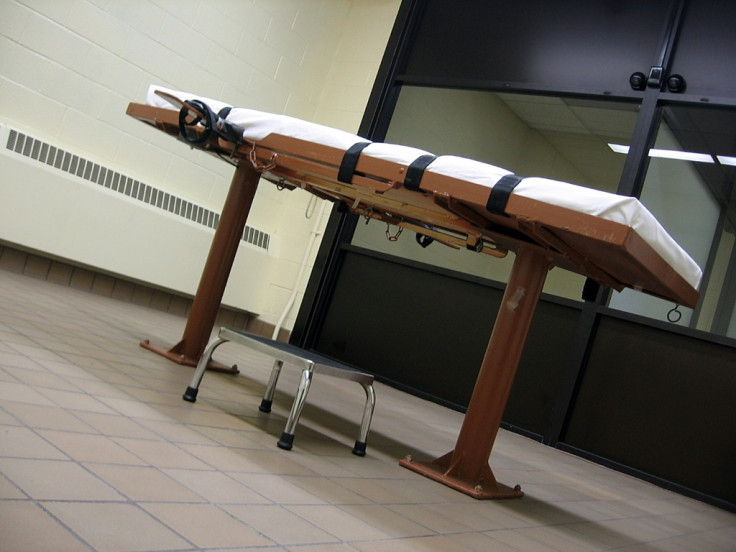
The U.S. Supreme Court granted on Tuesday a stay in the execution of Ruben Gutiérrez for the 1998 murder of an 85-year-old woman in Brownsville in 1998.
The decision was published just minutes before the hour set for the execution. It determined to grant the suspension "pending the disposition of the petition for a writ of certiorari," legal language to refer to a request for a higher court to review the case after it was tried in a lower court.
"Should the petition for a writ of certiorari be denied, this stay shall terminate automatically. In the event the petition for a writ of certiorari is granted, the stay shall terminate upon the sending down of the judgement of this Court," the document added.
A prior execution date for Gutiérrez was also halted just minutes before it was set to take place in 2020, after the U.S. Supreme Court upheld an appeal seeking a religious adviser to be allowed in the death chamber.
Gutiérrez had all but exhausted his appeals after he was denied a clemency application by the Texas Board of Pardons and Paroles on Monday. He was convicted in 1999 for the murder of Escolastica Harrison, killed in her trailer after him and two co-defendants sought to rob her of over half a million dollars they believed she had there. After repeatedly hitting her and stabbing her in the head, they ended up stealing $56,000.
Gutiérrez has for long said he didn't commit the murder. His attorneys claimed there was no physical or forensic evidence that connected him to the case and long sought to prove it through DNA testing.
They said items recovered from the crime scene such as nail scrapings from Harrison, a loose hair around her hair and different blood samples have never been tested. Consequently, they requested the U.S. Supreme Court to stop the execution saying Texas denied the right of post-conviction DNA testing, which would have proven his innocence.
Prosecutors, in contrast, said the request was a delay tactic and that several pieces of evidence did prove he is guilty. They include a confession in which he said he planned the robbery and was inside Harrison's house when she was killed. Lower courts have already rejected his request for DNA testing.
Gutiérrez was convicted under the state's law of parties, which determines that a person can be convicted for the actions of others if they assist or encourage the commission of a crime. He was with two others when the murder took place: one of them, René García, is serving a life sentence in a Texas prison. The other one, Pedro Gracia, who according to police was the getaway driver, remains at large.
© 2025 Latin Times. All rights reserved. Do not reproduce without permission.





